CONTIGENCY OPERATING BASE SPEICHER, Iraq - During a training exercise, a simulated improvised explosive device hit a convoy, forcing Soldiers to use combat life saver skills to react to an extreme situation with casualties, during a CLS course April 1 at Contingency Operating Base Speicher, Iraq.
Soldiers with the 2101st Transportation Company out of Demopolis, Ala., 541st Combat Sustainment Support Battalion, 15th Sustainment Brigade, 13th Sustainment Command (Expeditionary) participated in a 40-hour CLS course to become qualified combat life savers for their convoy missions.
Sgt. Brian M. Evans, a battalion medical training noncommissioned officer with the Special Troops Battalion, 3rd Infantry Division out of Fort Stewart, Ga., said the course gives Soldiers more hands-on experience.
"Basically, we're giving them a real-life scenario," he said. "They are a transportation company, so we have them set up as a convoy out here for their training. They get hit and they've got to treat and maintain the patients until we get them evacuated."
Evans, a Cincinnati native, said the training will help Soldiers when they are off base on convoys traveling throughout Iraq.
"We're providing them CLS training so that, should anything bad happen out there, they know how to take care of themselves, take care of their buddies and make sure everybody returns home safe and alive," he said.
The CLS training focuses on preparing Soldiers to treat life-threatening injuries, said Evans.
"We're providing them with the basic medical knowledge they need to be able to treat any type of battlefield wounds, until a medic arrives or until they can get them to a place that has other medical assets," he said.
Sgt. Jamie L. Thicklin, a transportation specialist with the 2101st Trans. Co., said during the convoy scenario, they got a chance to assess casualties and give them care under fire.
"The training was very good," said Thicklin, a Montgomery, Ala., native. "It was realistic. When I came out, I didn't know what to expect, same as going on a mission. We got out here, we saw the casualties and the team went to work."
Sgt. Dustin G. Atkins, a truck driver with the 2101st, said the Soldiers who participated in the training had their skills put to the test.
"I think we did a pretty good job overall," said Atkins, an Andalusia, Ala., native. "Before I came to this class it probably would've been a little bit harder, but now I have a better mindset of how to control the situation."
Thicklin said all Soldiers need to take part in the course to help prepare them for what could happen during any convoy mission.
"(We) train as we fight, so when you get out on the battlefield it becomes second nature," he said. "They need to keep on doing this training."
Atkins said all Soldiers should complete the training regularly, to maintain familiarity.
"I learned to expect anything that could happen and to keep your skills sharp," he said. "That way, when something does happen you'll be ready for it."
Evans said he wants Soldiers to leave the course with the best possible training.
"There's not too many CLS programs that implement a validation lane such as we have," he said. "It's not a requirement of the CLS course, but we take it one step above just to give them that additional experience and prepare them better for the real-life missions they will be out on."
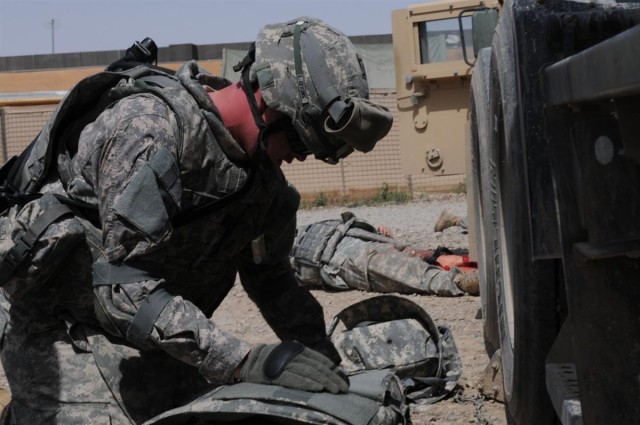
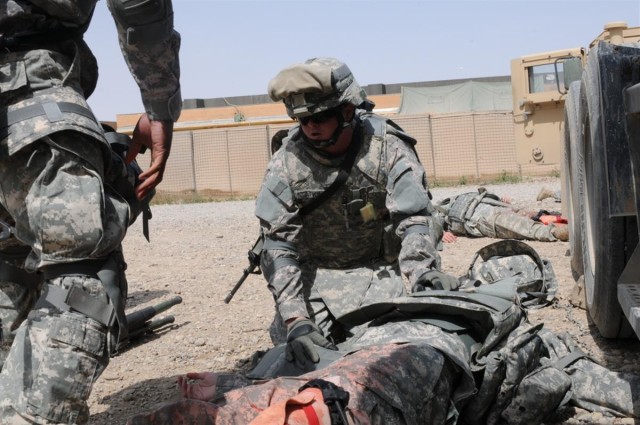
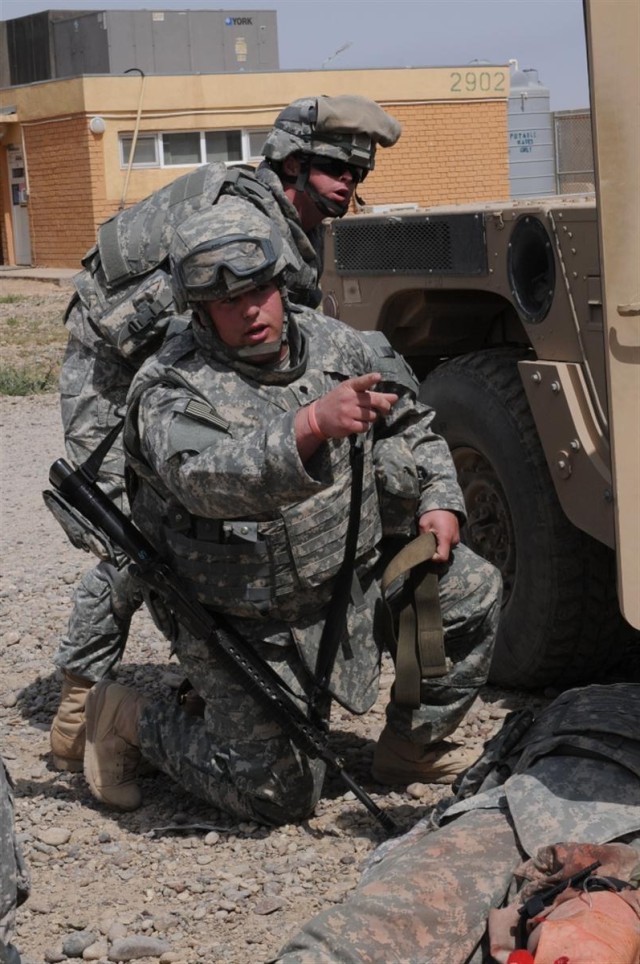
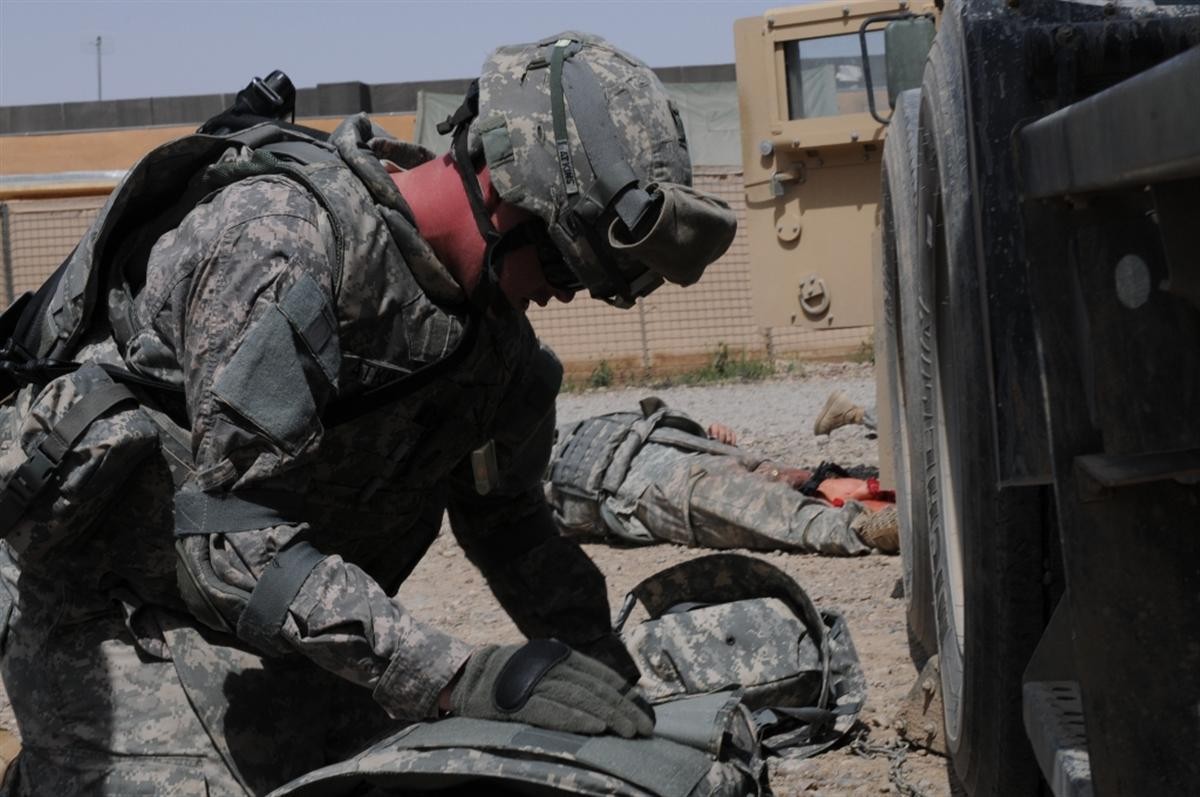
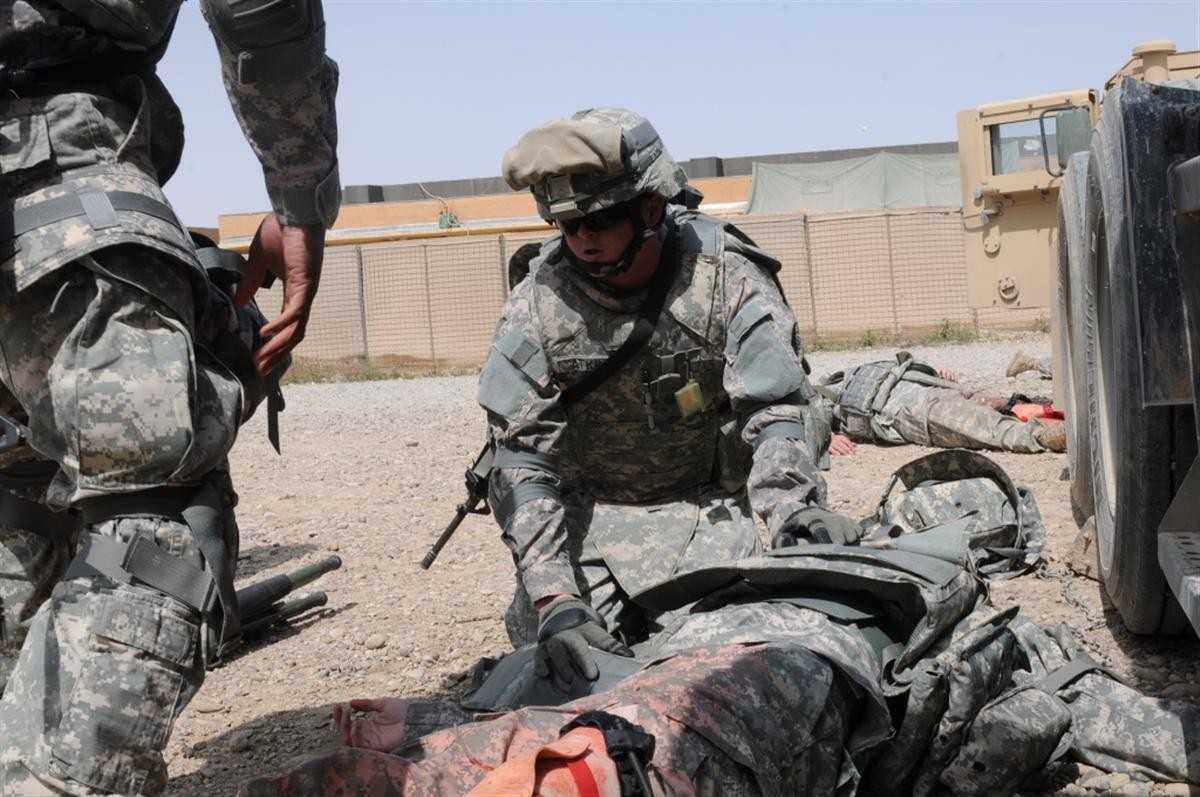
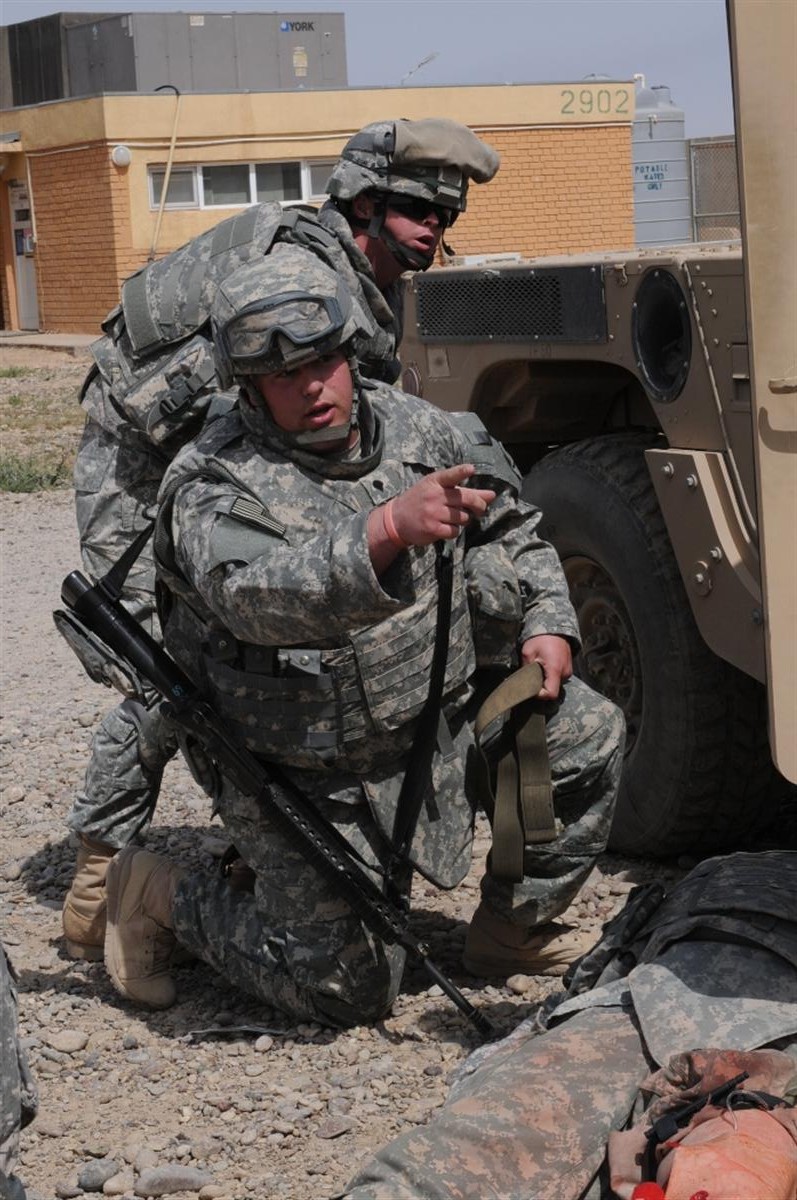
Social Sharing